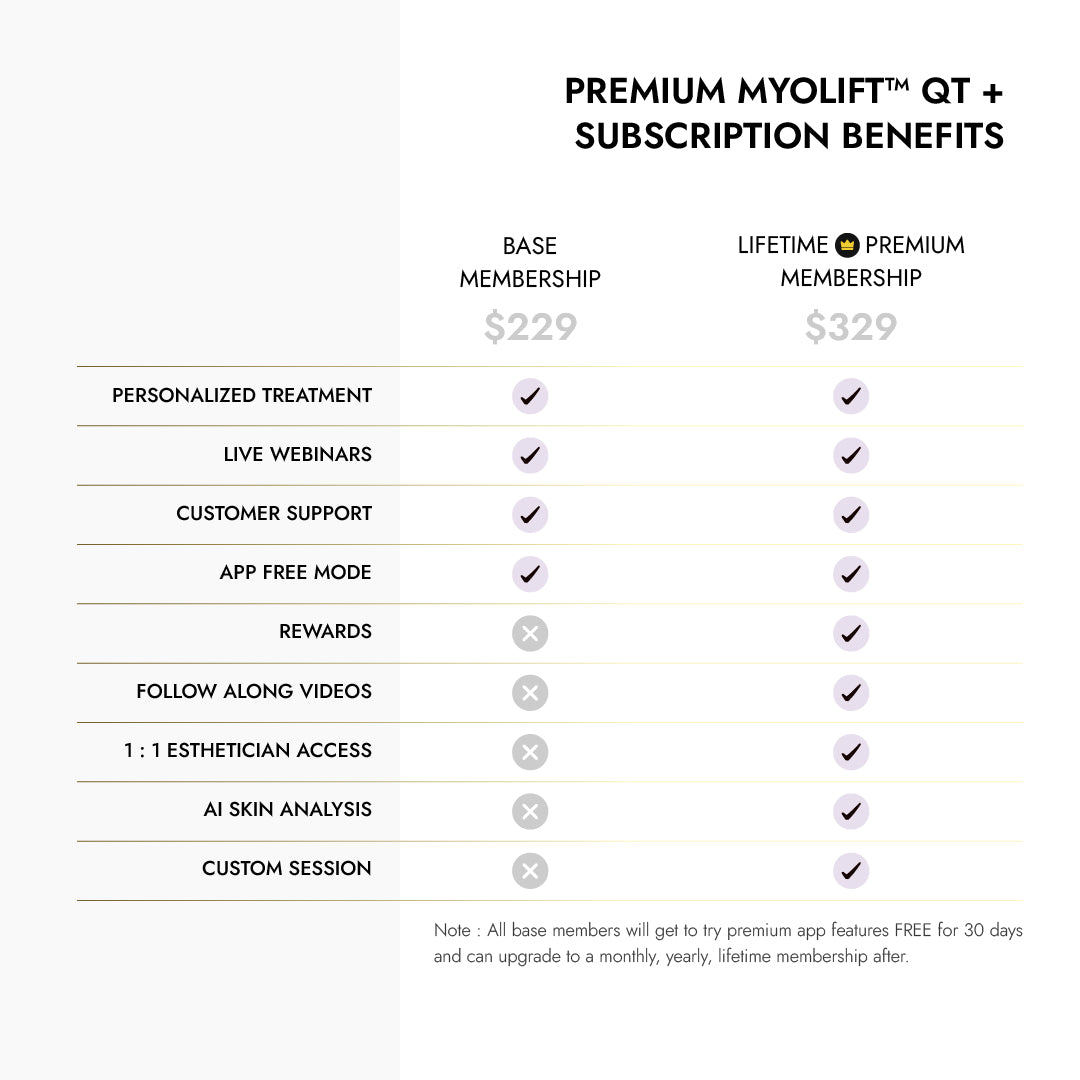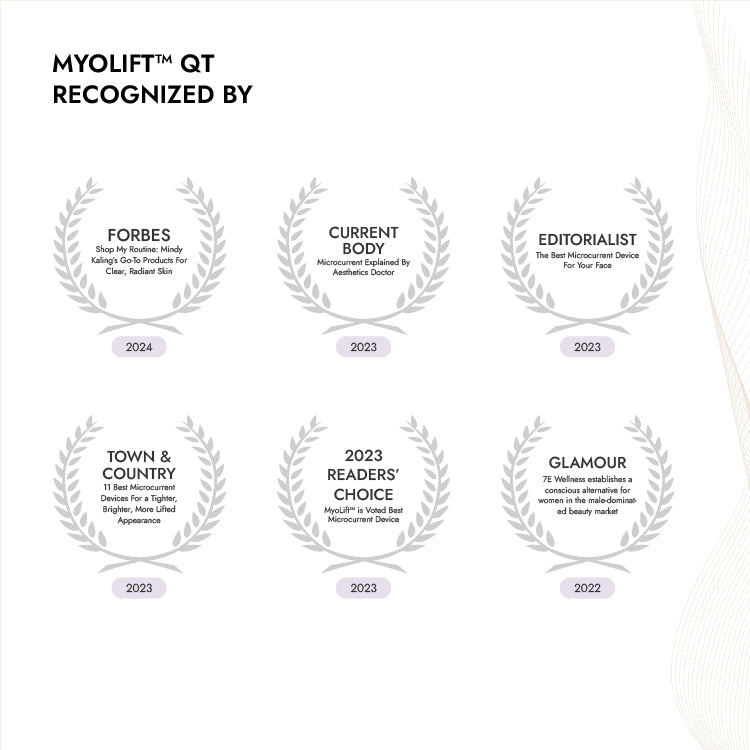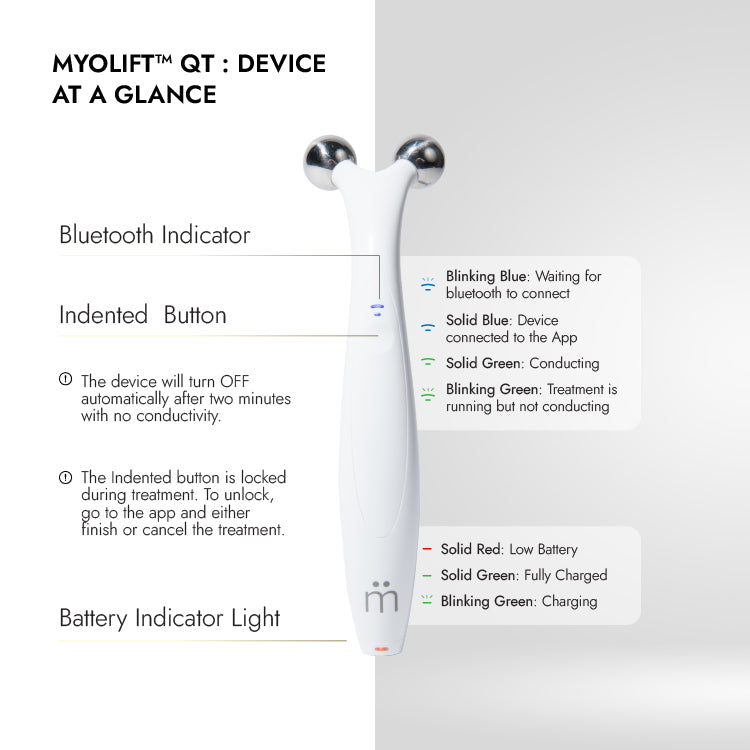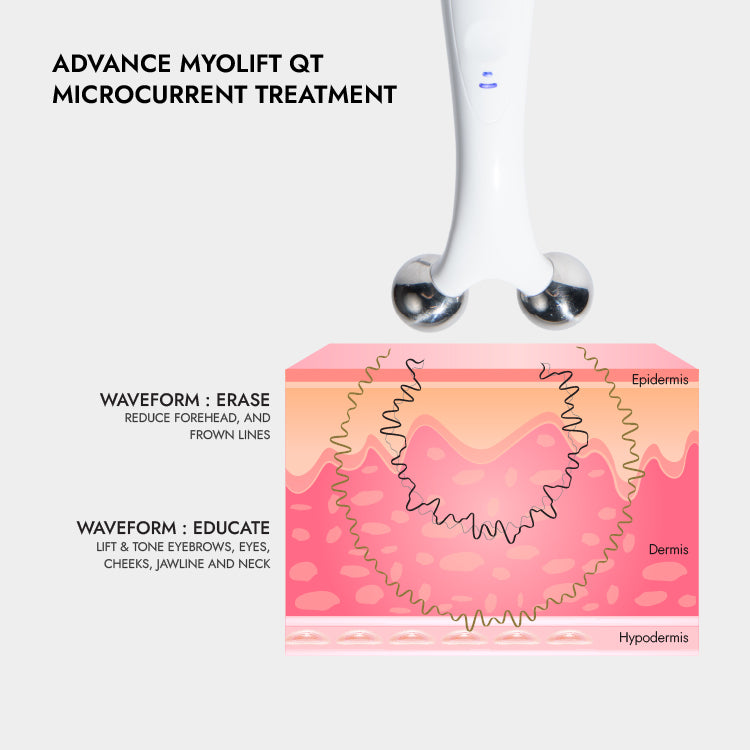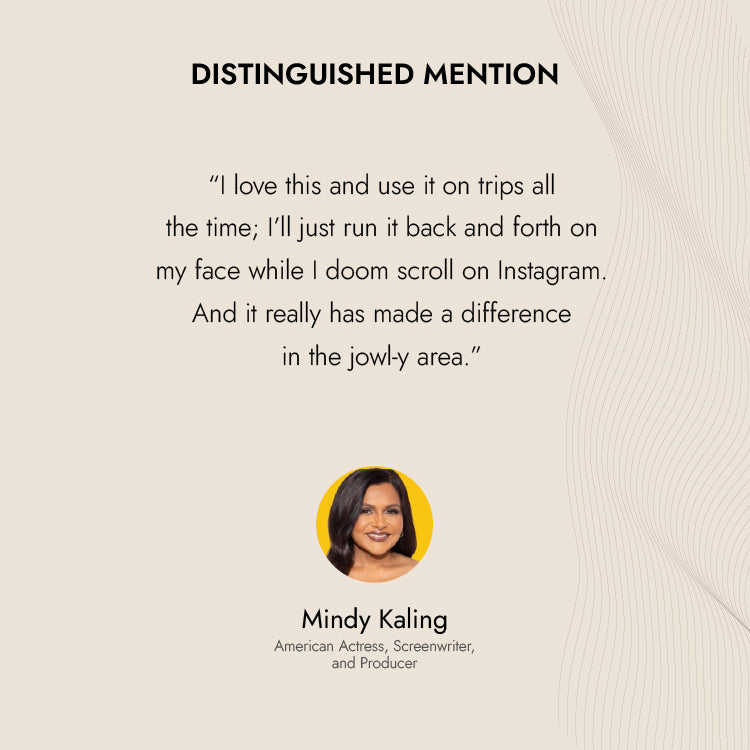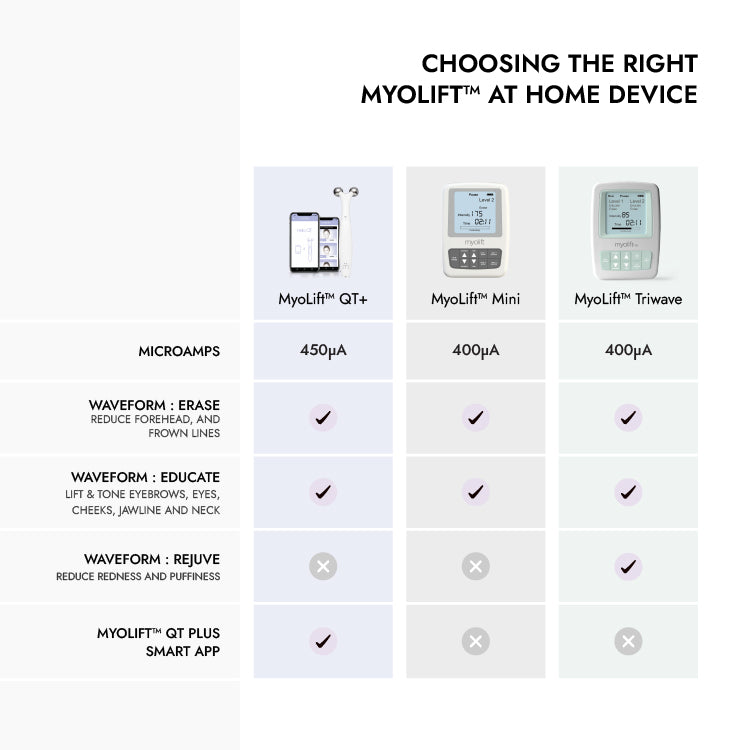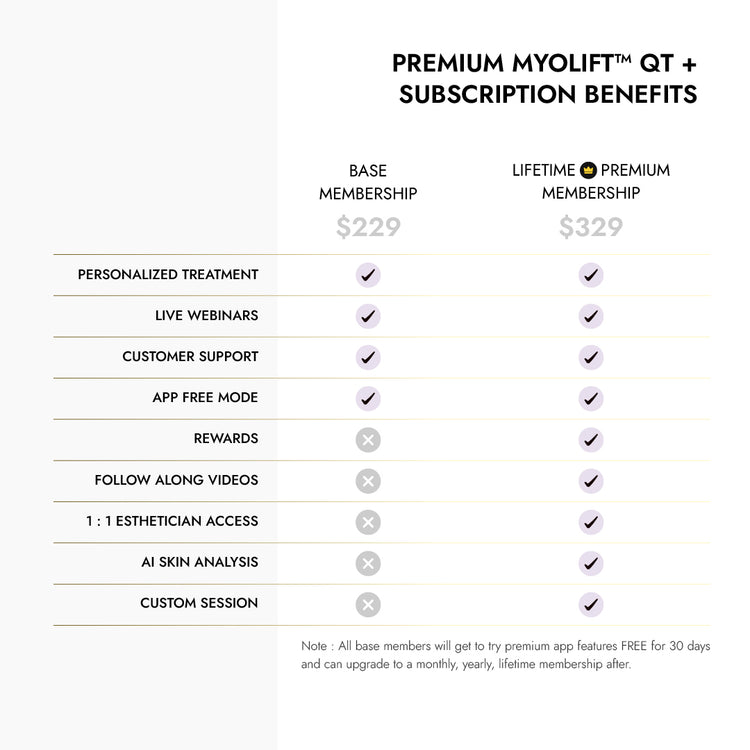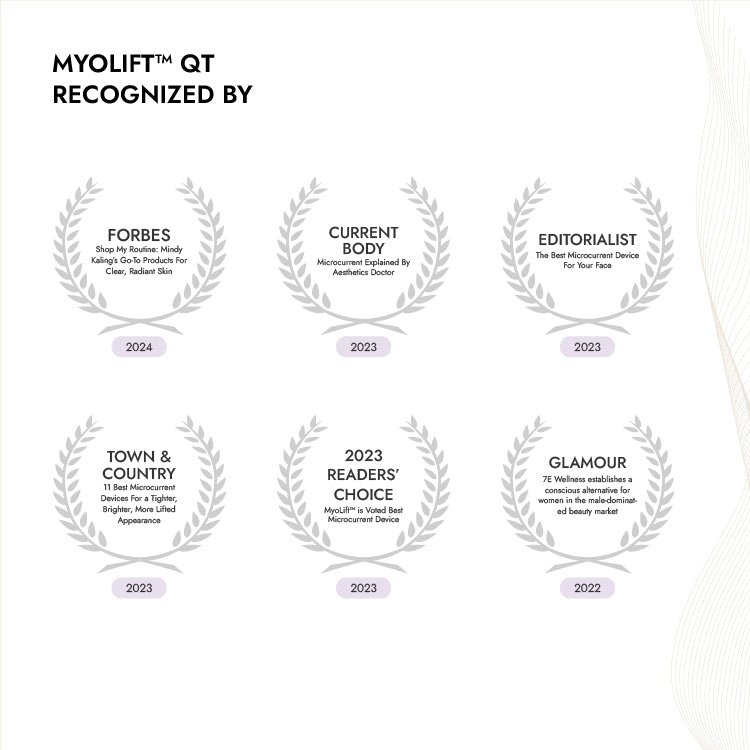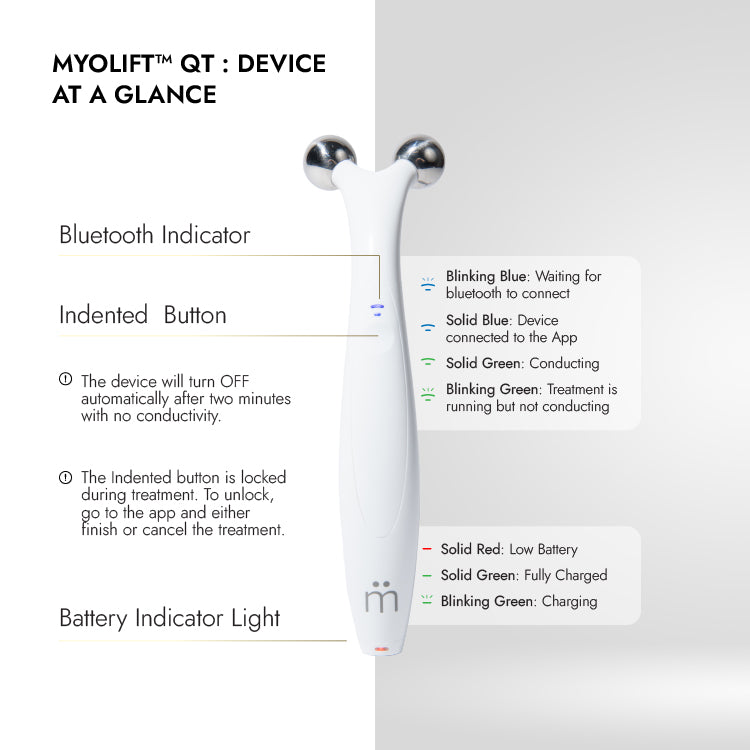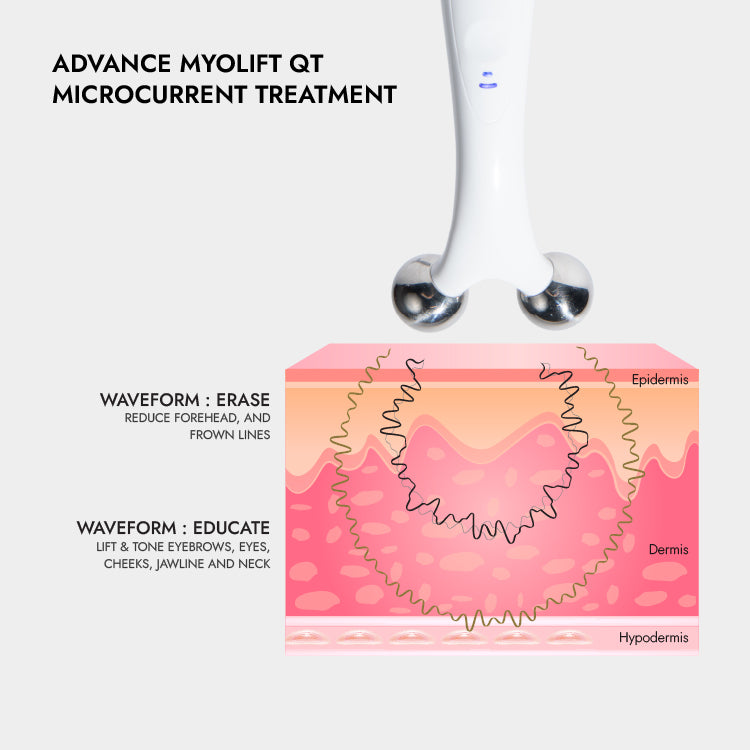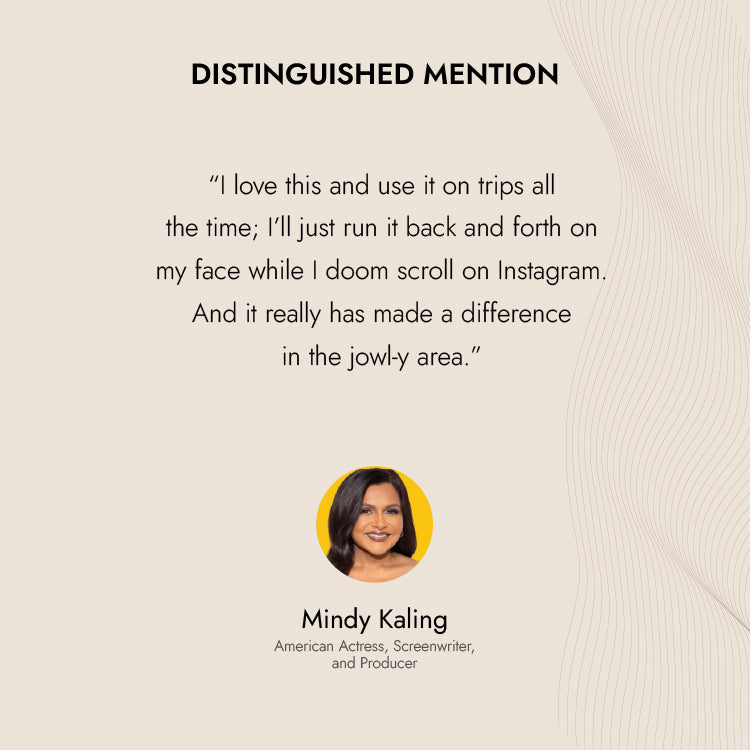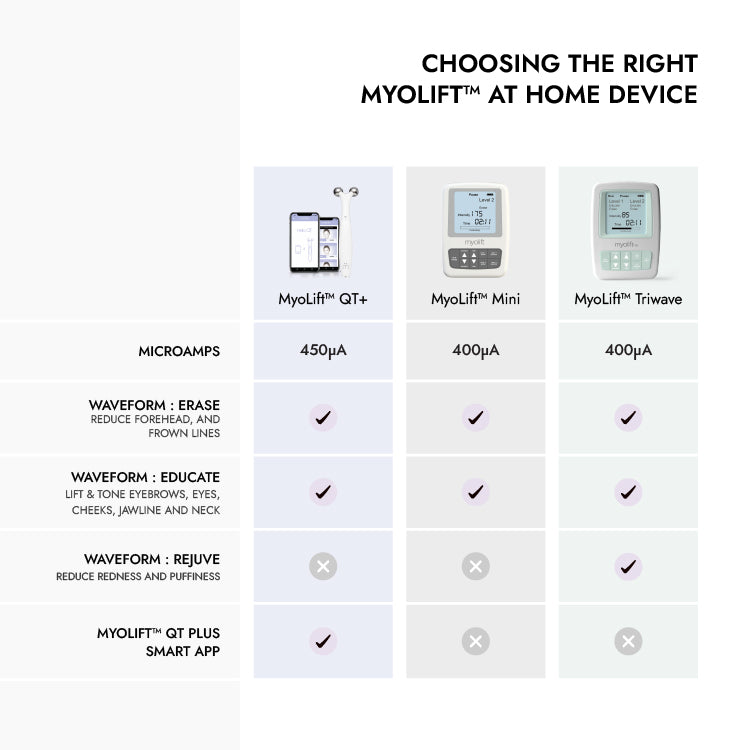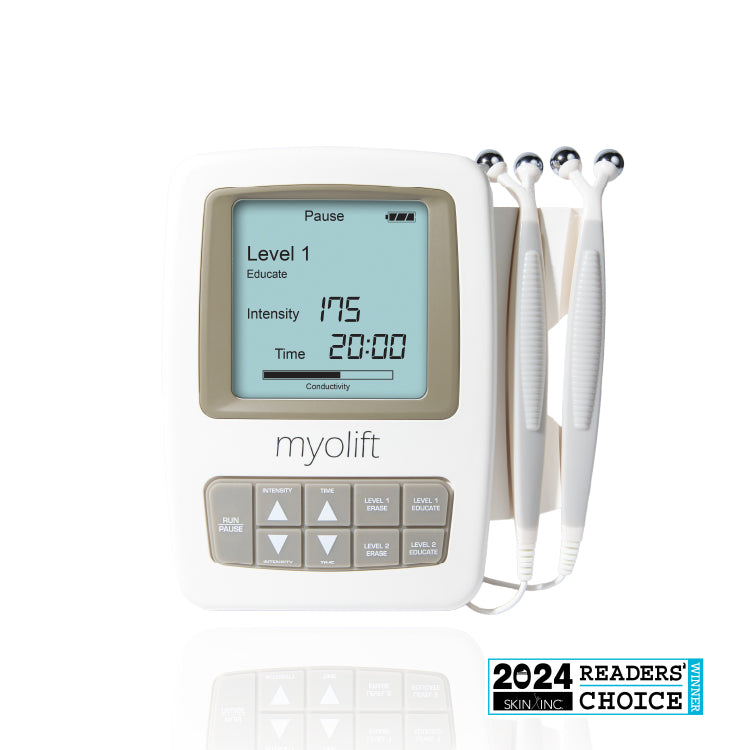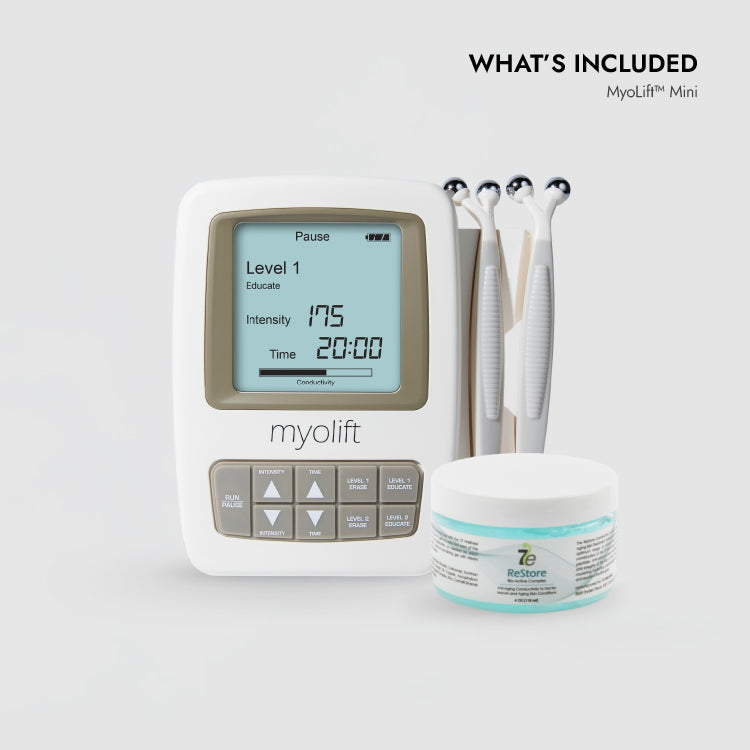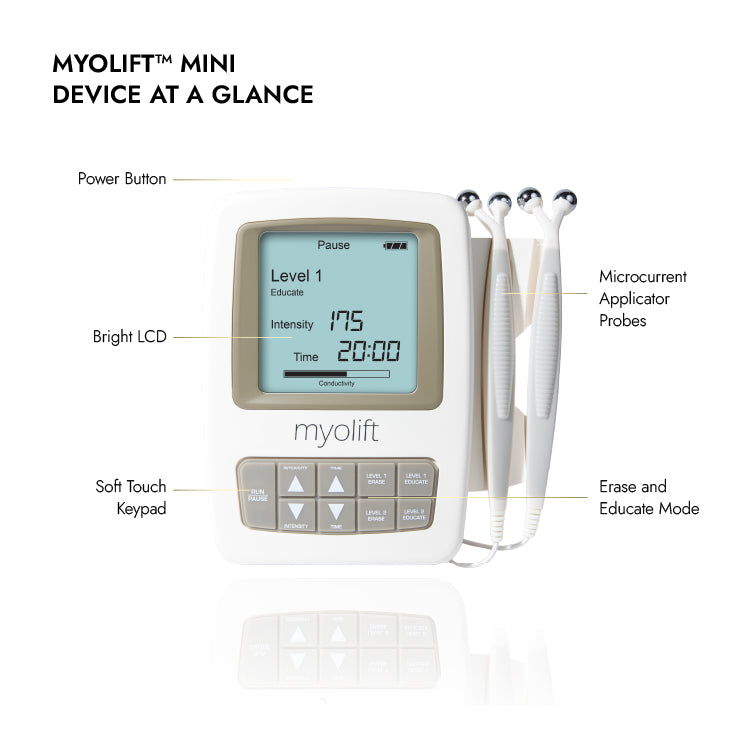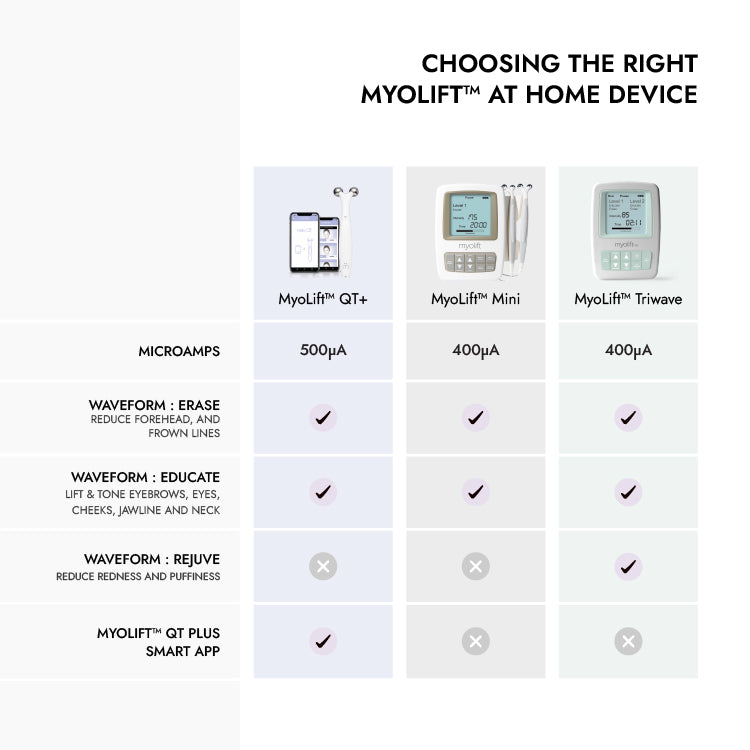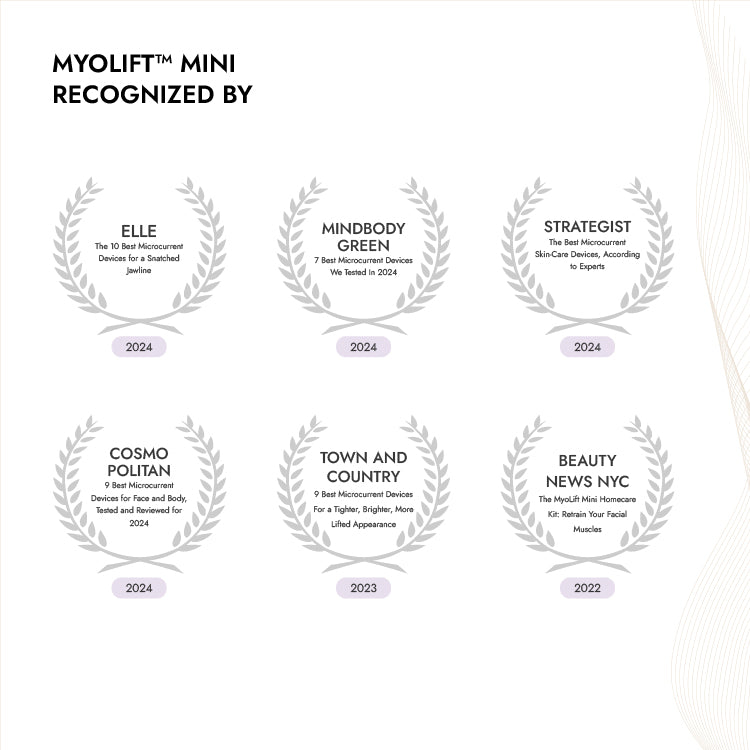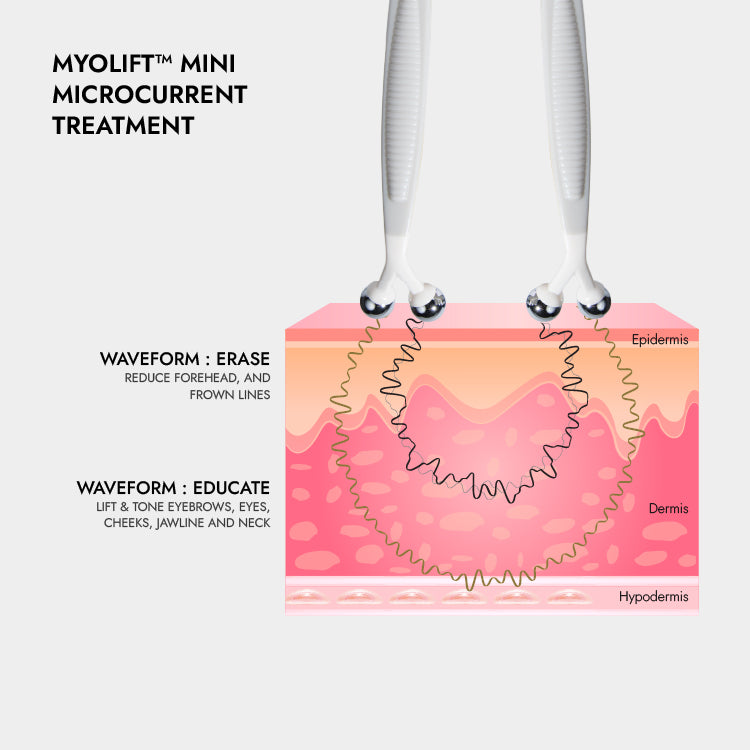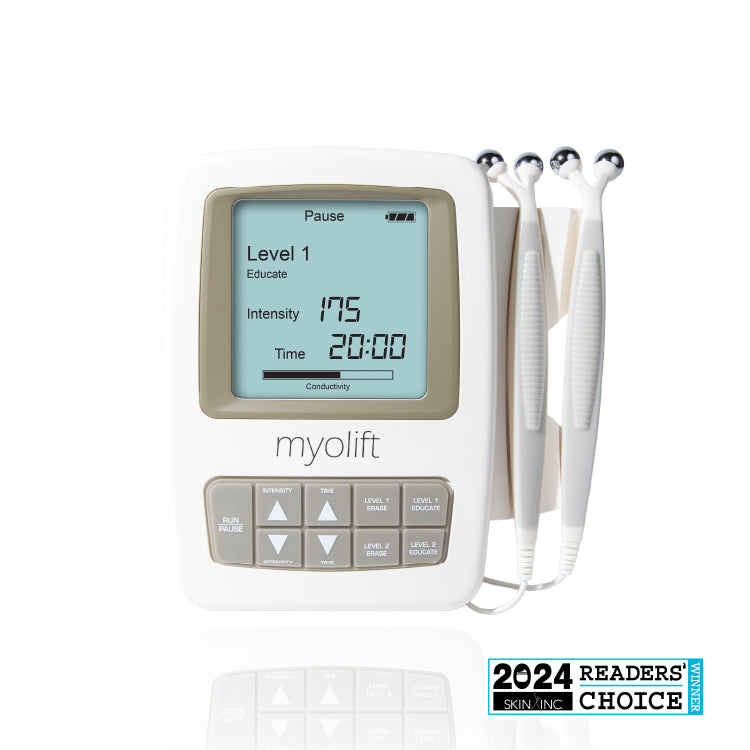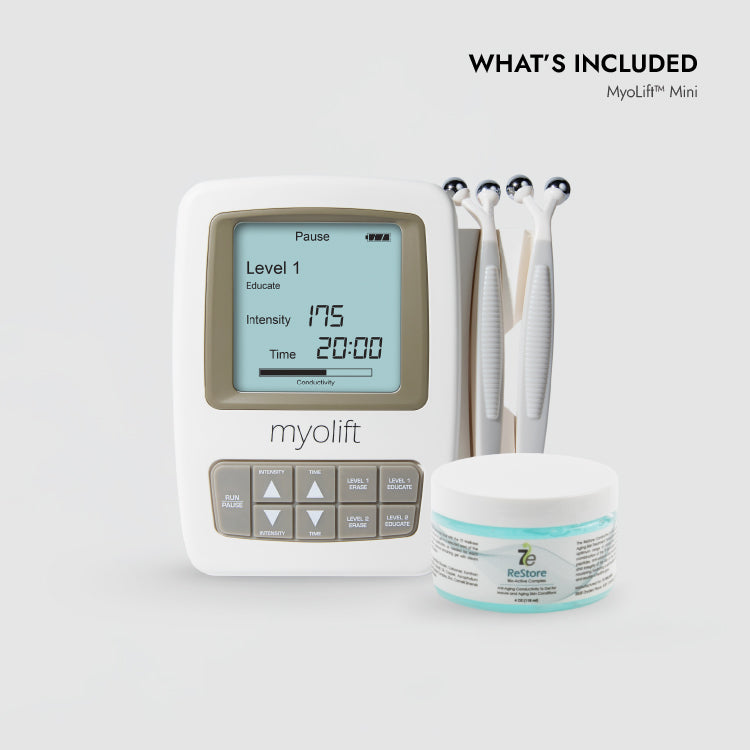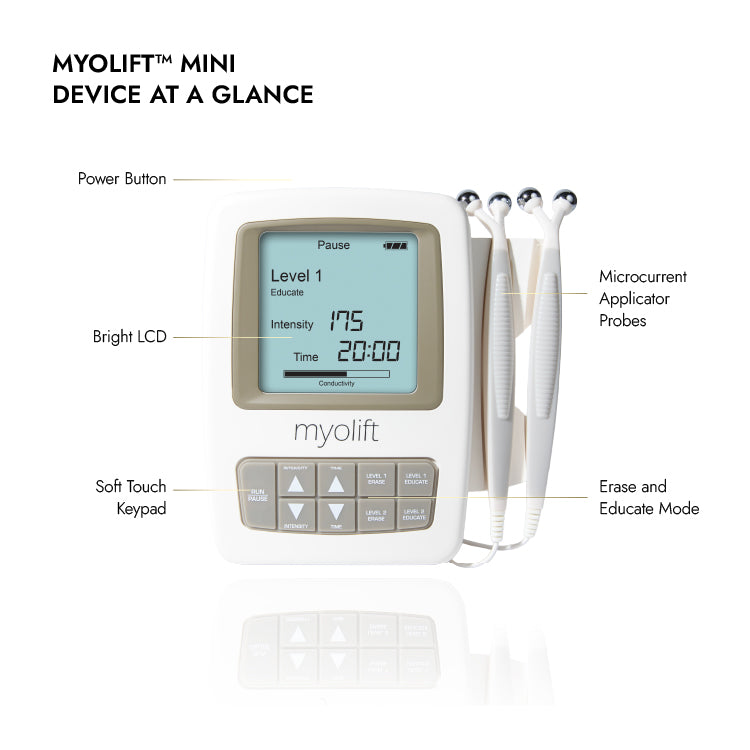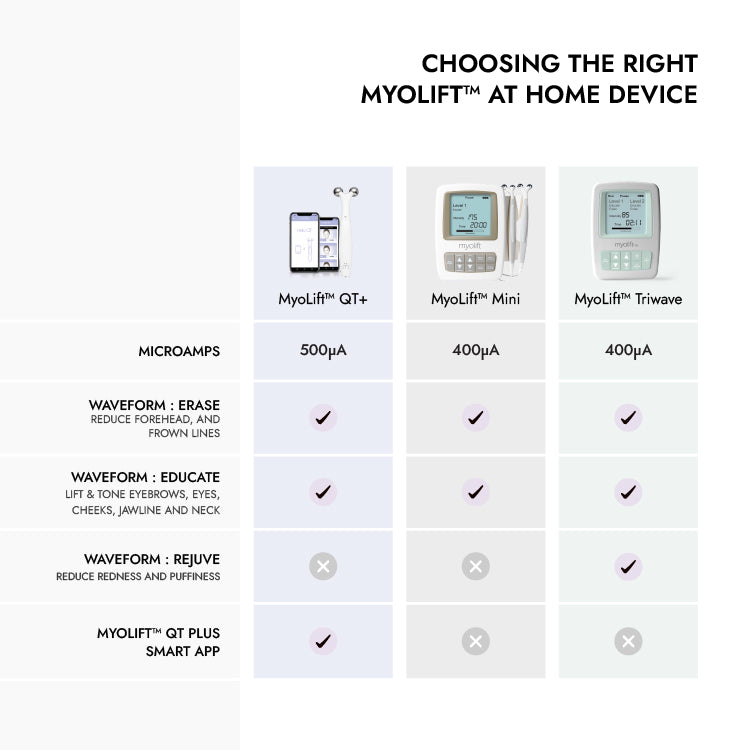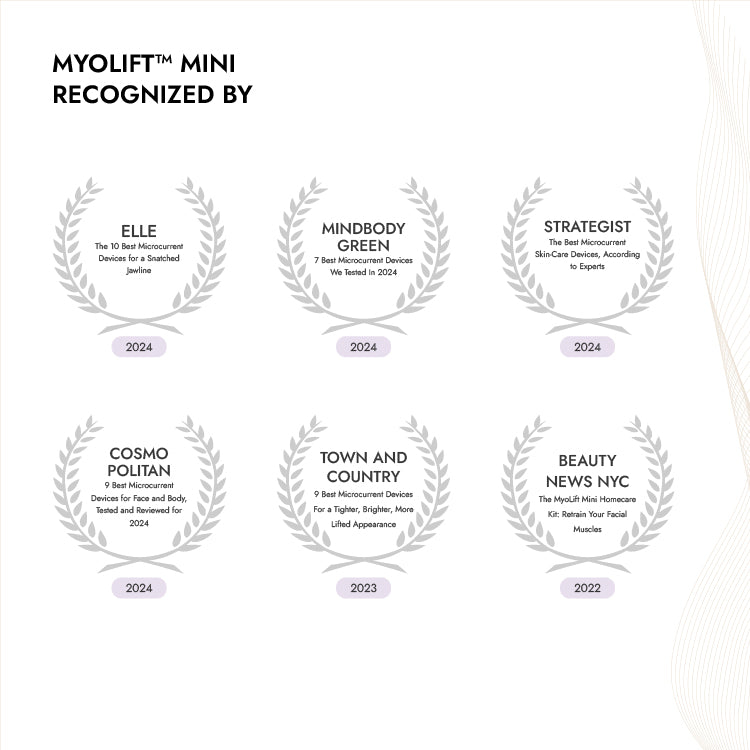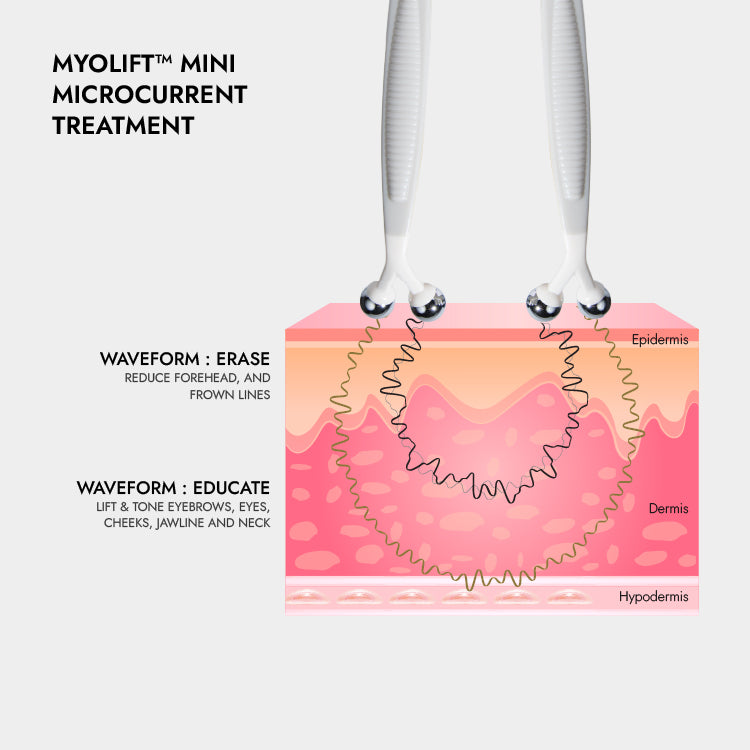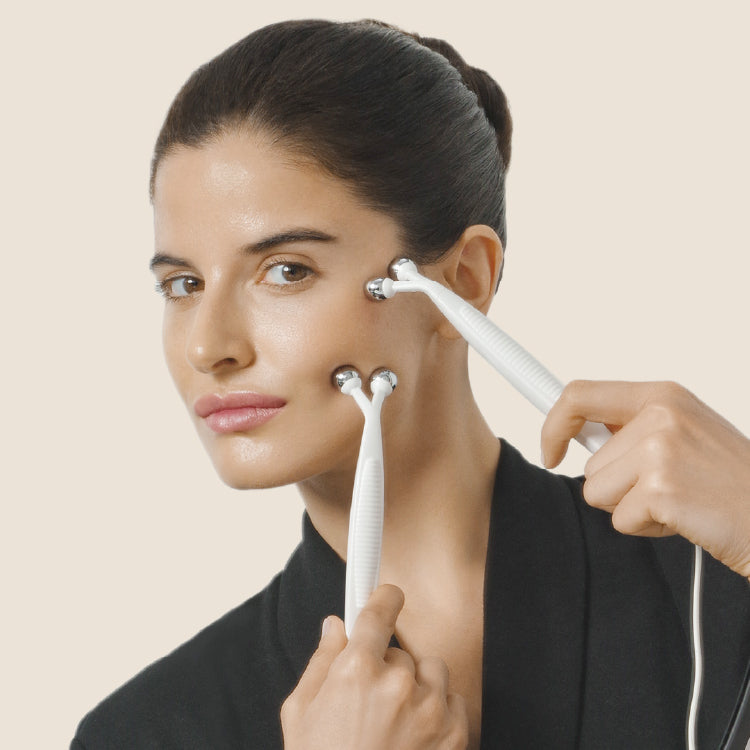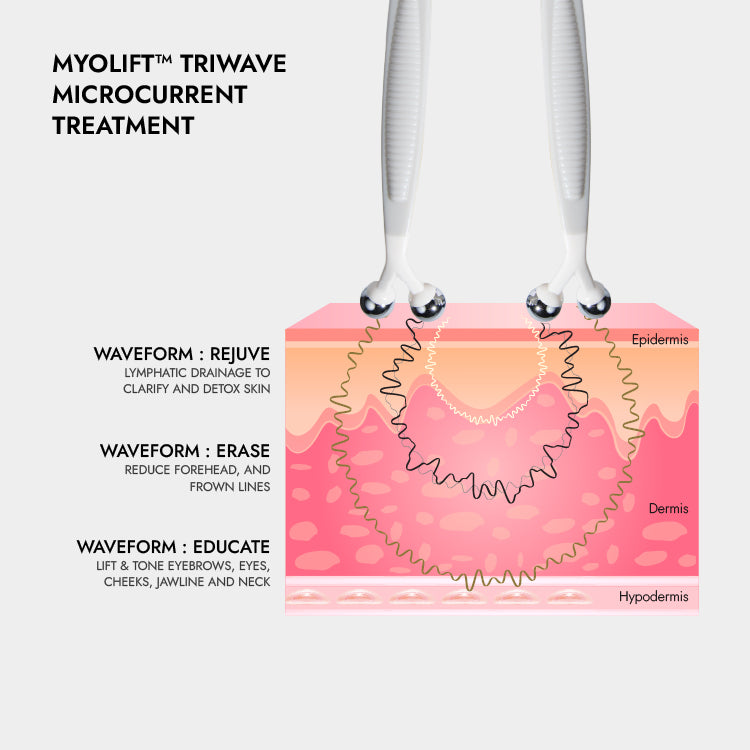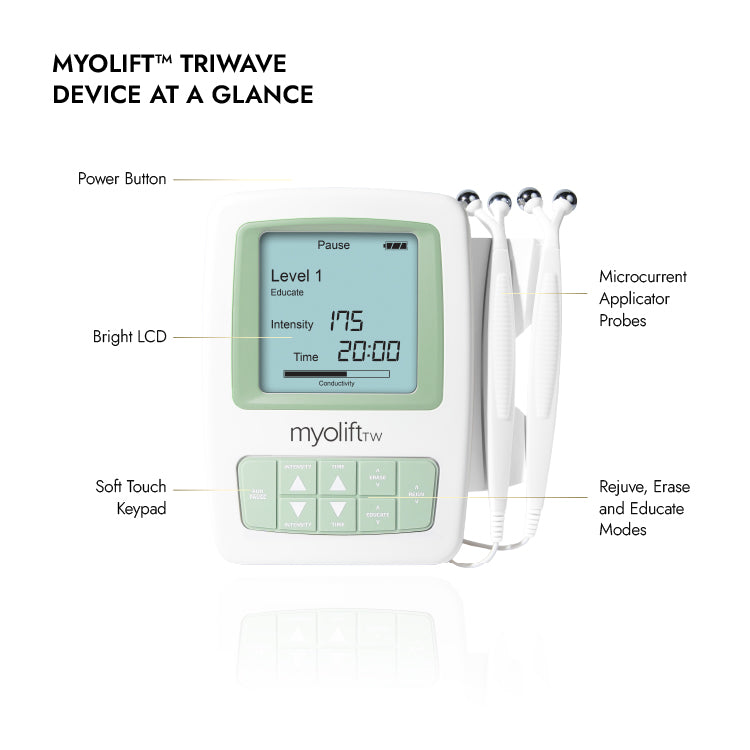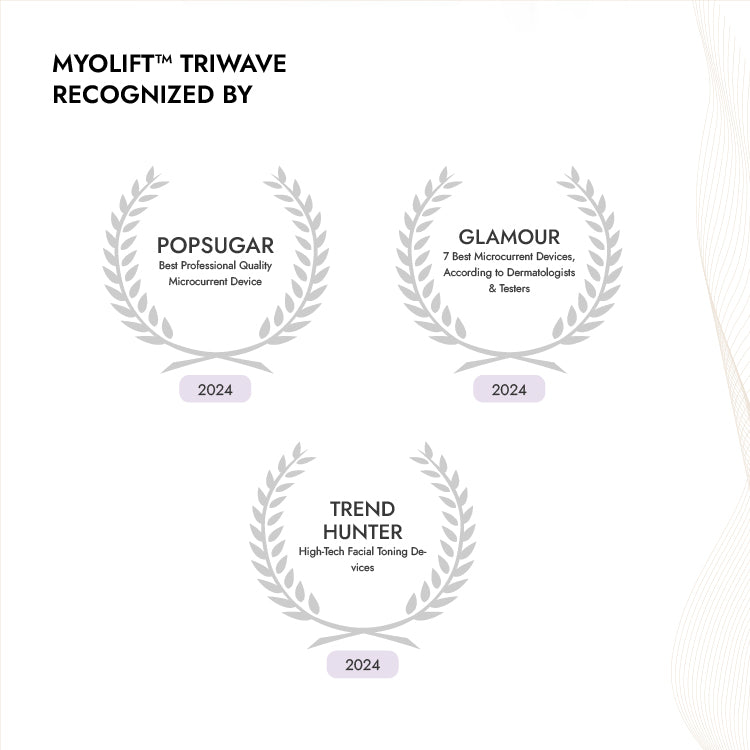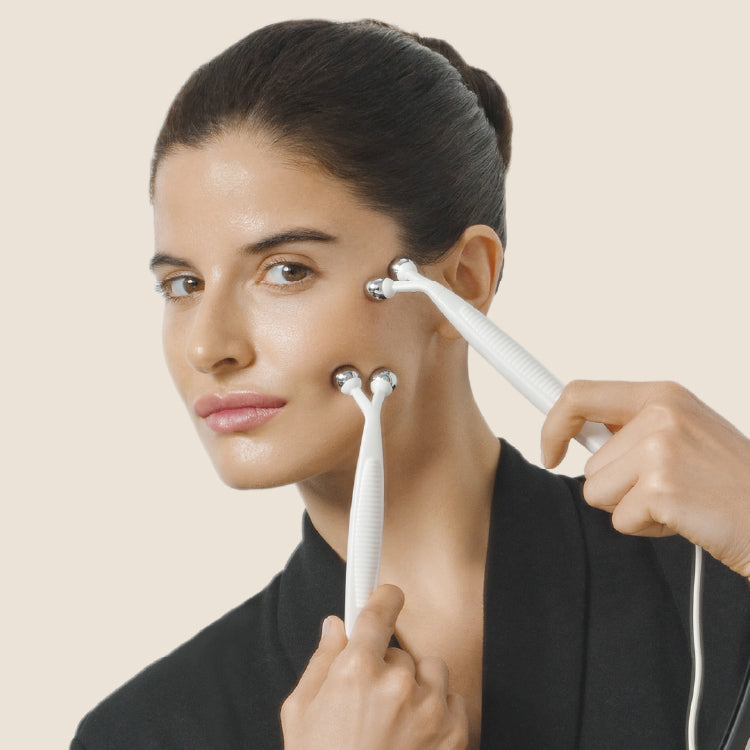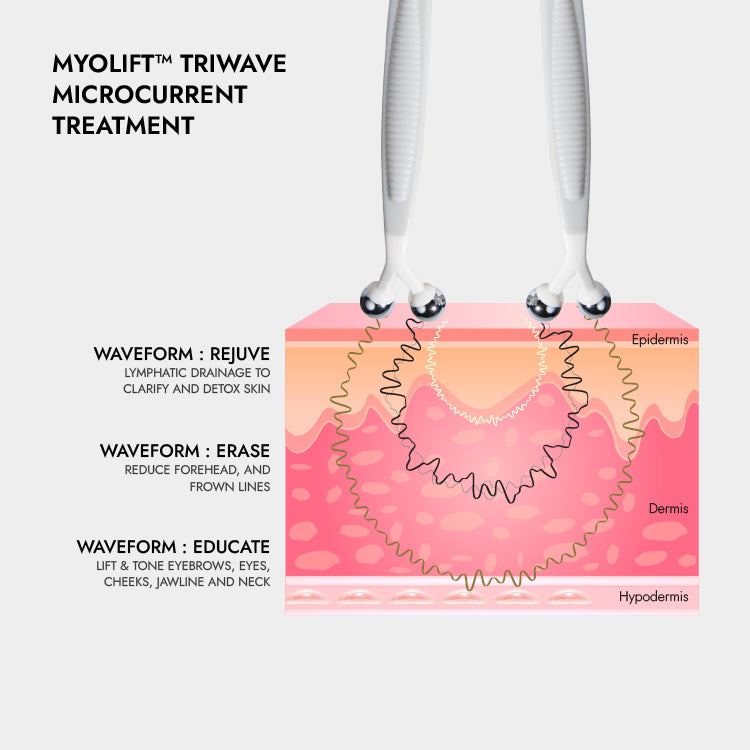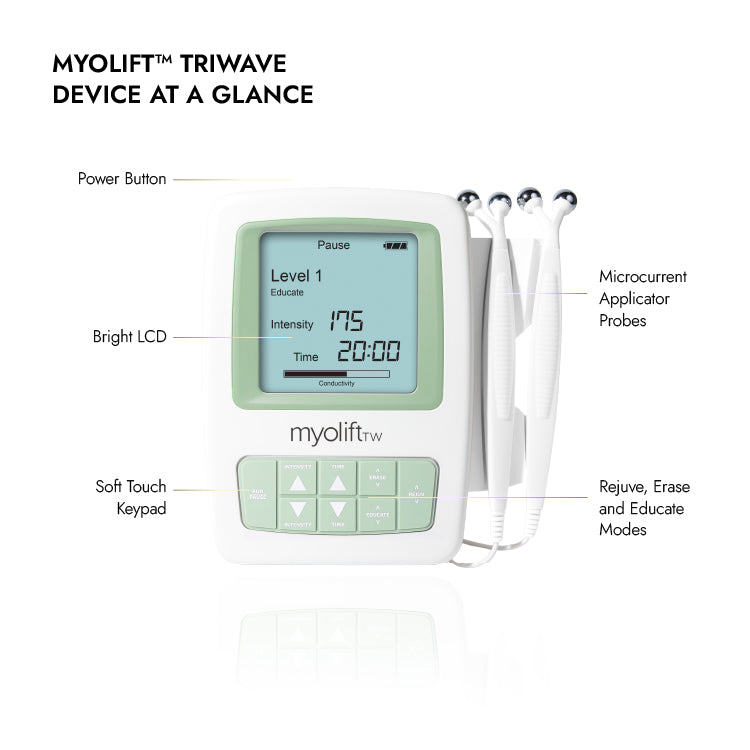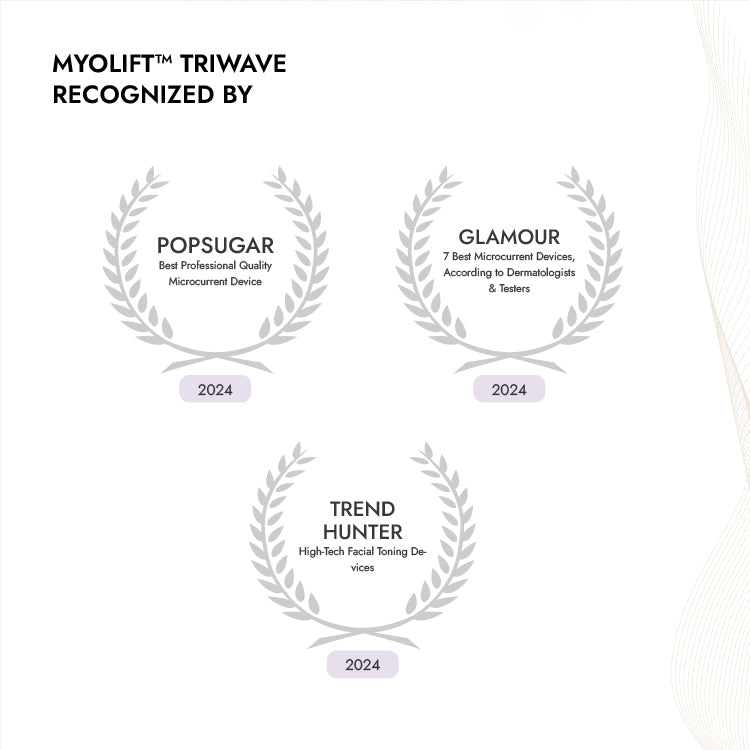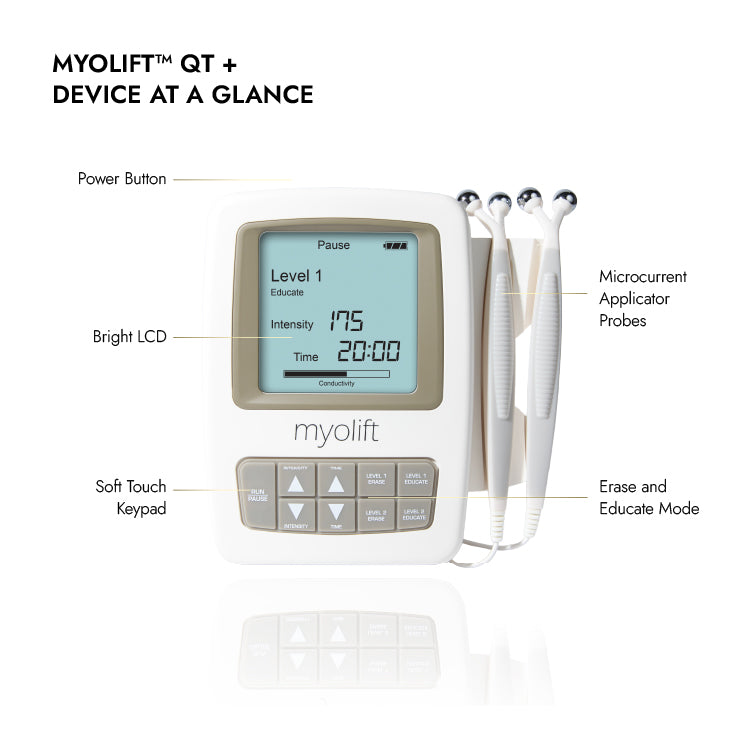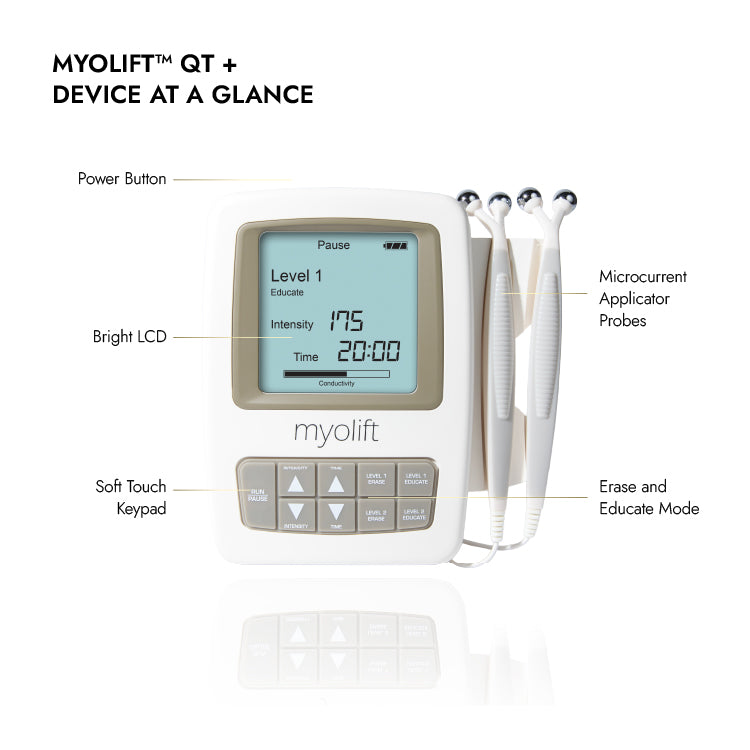5 Habits of People with a Healthy Relationship to Food
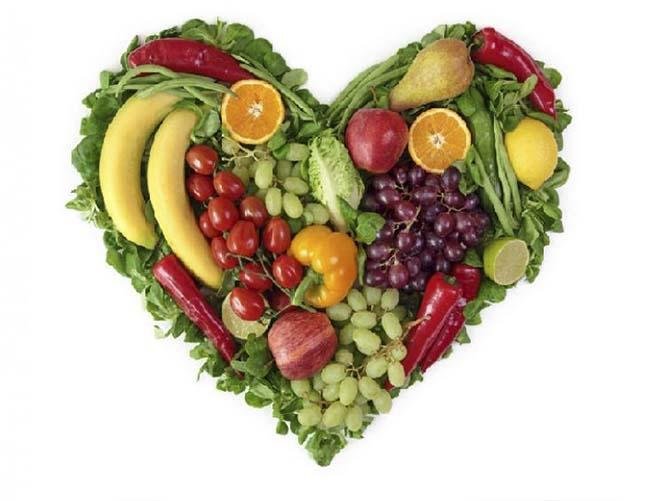
There's a fine line between thinking carefully about what we put into our bodies and obsessing over it or restricting it dangerously. Healthy eating does not necessarily mean “dieting”.
Whether our particular issue is emotional eating, binge eating, disordered eating or we just can't seem to get a handle on the whole nutrition thing, we can all stand to learn a few things from the people for whom healthy eating just comes easily. Here are a few of the things they do differently.
1. People with a healthy relationship to food eat mindfully. They eat when they are physically hungry and stop when they are full.
Our body has some pretty significant built-in cues to tell us when to eat -- and when to stop eating. But we're not always listening. The practice of engaging all of our senses to guide our eating-related decisions is called mindful eating, explains Megrette Fletcher, M.Ed., RD, CDE, co-founder and current president of the Center for Mindful Eating. Mindful eating can help us "acknowledge our response to food without getting into judgment," she says.
Hunger and satiety both start off small and grow bigger and louder, says Fletcher. "Some of us don't hear hunger or fullness until it's screaming in our ears," she says. But being more tuned-in while eating can help us "hear" better as well. "Mindfulness is saying, 'I'm going to listen harder to my hunger and hear it when it's not yelling at me, and I'm going to listen harder to my fullness so it's not yelling at me [either].'" Both hunger and fullness change after every bite, so listening in can help you find the level of fullness where it's comfortable for you to stop eating, she says.
2. They swear by everything -- yes, everything -- in moderation.
"No food is forbidden," says Edward Abramson, Ph.D. a clinical psychologist and author of Emotional Eating. "Foods are not intrinsically 'good' or 'bad.'" He tells an anecdote of a client who once told him French fries were the work of the devil -- and it was not a joke. "French fries are just French fries," he says. People with a healthy relationship to food tell themselves, "'Eating is a chance for me to nourish and nurture my being,'" she says, "as opposed to, 'I have to eat this way or those foods.'"
3. They know the timing has to be right.
However, if you do decide you're in the mood for fries or pizza or chocolate, says Abramson, enjoy your pick at a time when you're not hungry for a full meal, so you don't overdo it. "If you're starving and then you're confronted with a favorite food, you'll consume a lot more of it," he says. "Let's say, if you have it for dessert, you already had your meal, your tummy is full, you can really appreciate the sensations that chocolate provides."
4. They give themselves permission to enjoy eating.
These tips aren't plausible if we don't make time to value our relationships with food. "So many times we forget to take the time to eat, and eating does take time," says Fletcher. She suggests looking ahead at your day and making sure you have enough time carved out to eat, rather than planning to scarf something down in the three minutes you have between afternoon meetings. "We make it three minutes, and that may feed you, but does it nourish you?" she asks. And it's not about feeling guilty for missing something else by making time to eat, she says. It's about truly believing we are "worth sitting down and eating food."
5. They know the difference between a snack and a treat.
Letting yourself get too hungry is a recipe for overeating -- especially those foods you most want to keep to smaller portions. Snacking is a smart way to make sure you're not ravenous come dinnertime. But snack choice is crucial to both keeping you full and keeping your healthy eating plans on track, says Abramson. "A treat is purely for enjoyment, while a snack is something you eat between meals to stave off hunger," he says. "Nuts or fruit or cheese could be a good snack," he says, but chocolate? A treat.
















